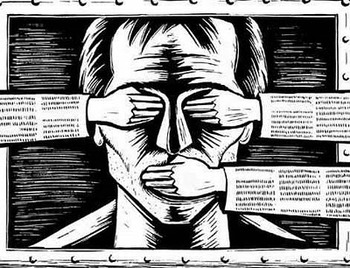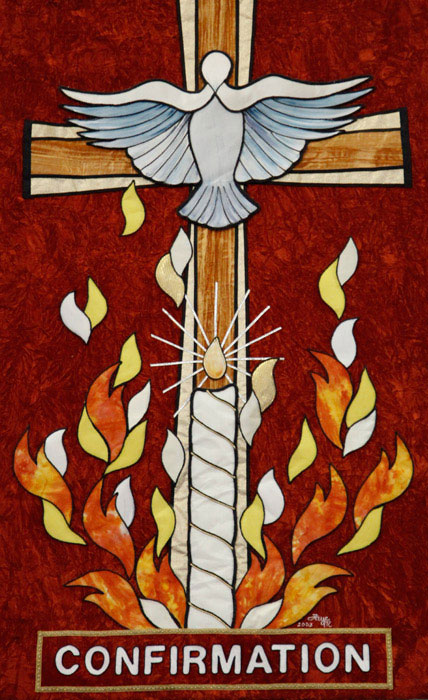Diversity tells us that some voices must be silent so that other voices might be heard, that some must be pushed back so that others might move forward, that character and ability must be second to the need and goal of politics, business, education, recreation, and life to reflect the difference of color, language, and culture. Diversity tells us that our identity is forever tied to the color of our skin or the desires of our hearts or the experience of our history. That is not freedom but a prison, not hope but despair, and not a future but a sentence.
The Church offers the world a radical answer to the problems of injustice and inequality -- that is our common identity as the children of God. "See what kind of love the Father has given to us, that we should be called children of God; and so we are" (1 John 3:1) Our identity comes not even from our sinful nature held in common among all but transcends this with the Gospel of redemption and restoration through the death and resurrection of our Lord Jesus Christ. We receive this identity in the font where we are born anew not of flesh but of the Spirit and in which we are given the new name as a child of God. Here we have a new future bestowed upon us where there was none. This is not a little thing. It is the most important thing of all.
Equality is not the achievement of man but the gift of God -- a common salvation that gives a common life in God as His saints, His people, with a common future. Because of this equality, we can address the inequalities of this mortal life with something more than inequality. Apart from this we will be left with the false devices of discrimination in service to equality and from an identity which lies in the transient and not the eternal. We will suffer the captivity of a diverse world in which liberty is both precious and in short quantity and people must compete for it. So when the Church resorts to the very tools of the secular world in pursuit of justice, we surrender the Gospel for the Law and give to the transient a status greater than God will give it. The true diversity is reflected not in the accepting or glorifying or using the divisions that resulted from the Fall but in proclaiming the one Lord, one Faith, and One Baptism in which God makes accessible to anyone and everyone forgiveness, life, and salvation.
Woke diversity is no savior but only a tool of the devil to further the division, competition, inequality, and injustice of a world already suffering these things. When the Church takes up this cause, she exchanges the gift of the Gospel for an evil tool. When quotas or identity politics become the criteria for choosing her leaders, the Church is merely a faint echo of the sinful world and not the outpost of the eternal God has planted here in time. We do not have inherent dignity as people but only the dignity given to us by the God who made us, the God who loved us when we loved Him not, and the God who in love redeemed us at the highest of all costs -- His Son. Any dignity and identity we hope to have as people is the gift and fruit of God's redeeming work, rescuing His fallen creation from themselves as much as from anyone or anything else.
Diversity is flawed from the get go. But the world will not see it anymore than, apart from the Spirit, the world will see that the answer to our broken world is Christ and His mercy. The Church's job and calling is to proclaim this Gospel. All the divisions and conflicts we now have we will certainly have until Christ comes in His glory but that does not prevent us from loving our neighbor and working against injustice and inequality when and where we can.










